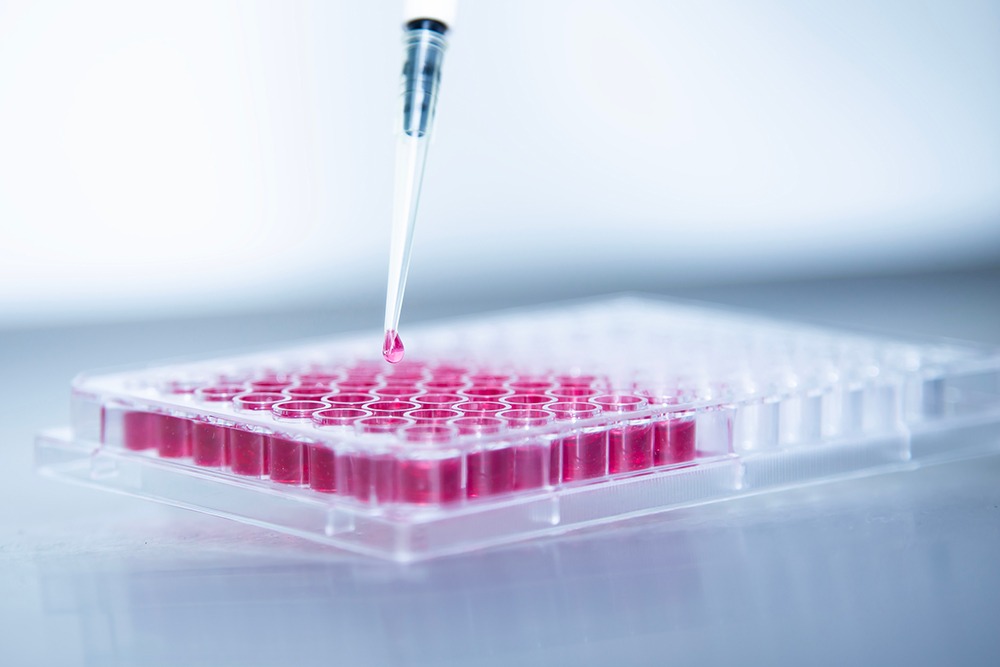 Medicines or treatments derived from the body itself, or from other living organisms, are referred to as biologics. The use of biologics in regenerative medicine is becoming more and more popular.
Medicines or treatments derived from the body itself, or from other living organisms, are referred to as biologics. The use of biologics in regenerative medicine is becoming more and more popular.
While the use of cells, whether normal or genetically modified, to enhance performance is prohibited by the World Anti-Doping Agency (WADA), many athletes have questions about the status of various biological treatments that do not contain cells. For example, the use of extracellular vesicles, such as stem cell exosomes, is often in question.
As such, below are answers to some commonly asked questions about therapies involving extracellular vesicles.
What are biologics?
There are many clinics that offer all kinds of cell or blood-based therapies to treat medical conditions, including injuries to muscle, tendon, and ligaments. The most common type of therapy advertised is where the clinic takes blood from the patient and then isolates a component of the blood to reinject back into the patient, often at the site of injury.
Examples include Platelet Rich Plasma (PRP), which concentrates plasma and platelets, stem cell therapies that isolate stem cells from the blood, or exosome therapy, which isolates stem cell exosomes (a type of extracellular vesicle) and reinjects those back into the patient. There are other types of procedures in addition to these.
What are extracellular vesicles?
Extracellular vesicles are released from all cells of the body and are thought to be an important part of cellular communication and maintenance. There are many types of extracellular vesicles depending on their size and the cell type from which they originated. Examples include exosomes, microvesicles, and apoptotic bodies. One type of extracellular vesicle used in therapy is the stem cell exosome, but extracellular vesicles are an inherent part of cell biology and are released by every cell type, not just stem cells.
Recently, extracellular vesicles, such as stem cell exosomes, have been explored and advertised as a form of personalized medicine. One common procedure is for blood to be harvested from the patient’s own body, then the extracellular vesicles are isolated in some way by removing all of the cells (i.e., red and white blood cells and any other circulating cells are removed), and then the vesicles are reinjected back into the patient. As with all biologics, the anti-doping status is related to the actual contents of the product and whether any prohibited substances were added in the preparation of the product.
Are extracellular vesicles (such as exosomes) prohibited by WADA?
In most cases, exosomes are not prohibited. However, there are circumstances where the use of such therapies could be an anti-doping rule violation. For example, it is prohibited:
- If the exosome preparation contains red blood cells (even if by accident, such as when there are a few red blood cells remaining after most of them are filtered out) and it is then given intravenously.
- If the procedure collects exosomes and then adds growth factors, hormones, or any prohibited substance to the preparation, and that is reinjected back into the patient.
If the procedure has the potential to be performance enhancing, it could also be prohibited.
Athletes choosing to receive exosome therapy should ask their doctor if any growth factors or hormones will be added to the exosome preparation. If so, the athlete should search for each substance that will be added on GlobalDRO.com to check the anti-doping status before receiving the treatment. If the substance is prohibited, athletes may apply for a Therapeutic Use Exemption prior to treatment.
Are there health risks associated with extracellular vesicles?
The FDA has issued an alert following severe adverse reactions of patients receiving exosome [a type of extracellular vesicle] treatment at a clinic in Nebraska. The FDA Safety Alert clarifies the following:
“Exosomes used to treat diseases and conditions in humans are regulated as drugs and biological products under the Public Health Service Act and the Federal Food Drug and Cosmetic Act and are subject to premarket review and approval requirements. Clinics may claim that they these products do not fall under the regulatory provisions for drugs and biological products – that is simply untrue. There are currently no FDA-approved exosome products.”
The FDA goes on to clarify that anyone considering regenerative medicine, including stem cells, exosome products, or anything derived from adipose tissue (stromal vascular fraction), umbilical cord, Wharton’s Jelly, or amniotic fluid, should be aware that none of these have been approved to treat tendonitis, tennis elbow, or pain of the back, hip, or knee. Exosomes and other regenerative medicine products are advertised for many other conditions as well, but are not approved for such uses. Read the FDA Consumer Alert for more information.
More questions?
For questions about specific products, substances, and methods, contact USADA’s Drug Reference Line at drugreference@USADA.org or call (719) 785-2000 and follow the prompts. There is also a TUE Pre-Check Form that athletes can submit to get a quick response on whether a TUE is necessary.
More education?
In addition to educating athletes and offering real-time support, USADA offers resources and tutorials for athlete support personnel, including health professionals and coaches.
- HealthPro Advantage (free and in collaboration with Stanford University)
- Coach’s Advantage
—–
References
1 Zhang, K. & Cheng, K. Stem cell-derived exosome versus stem cell therapy. Nat Rev Bioeng, 1-2, doi:10.1038/s44222-023-00064-2 (2023).
Read more Spirit of Sport blog posts



